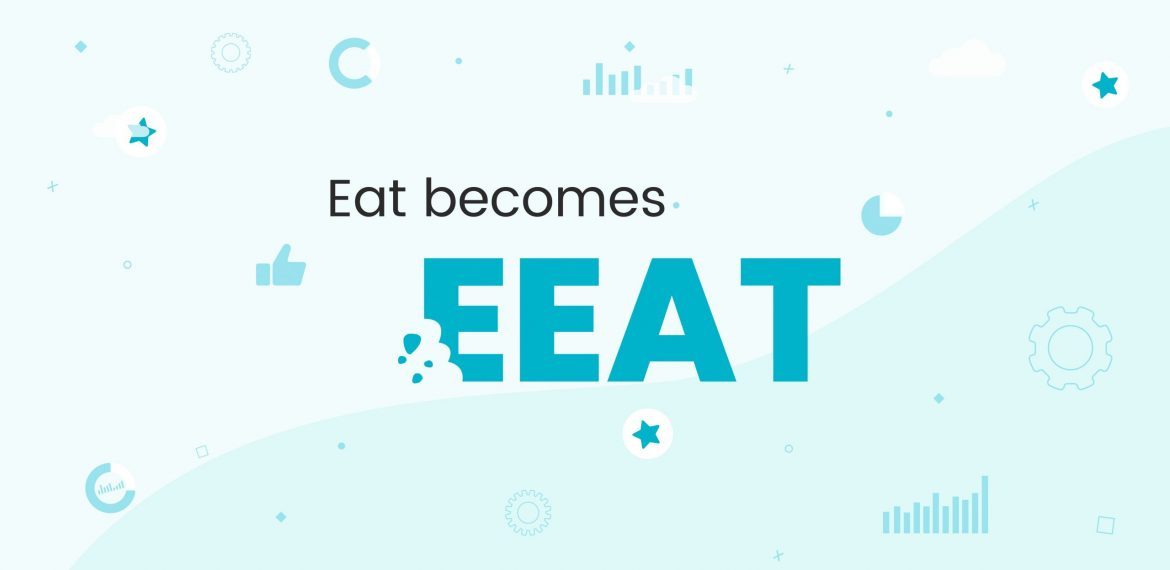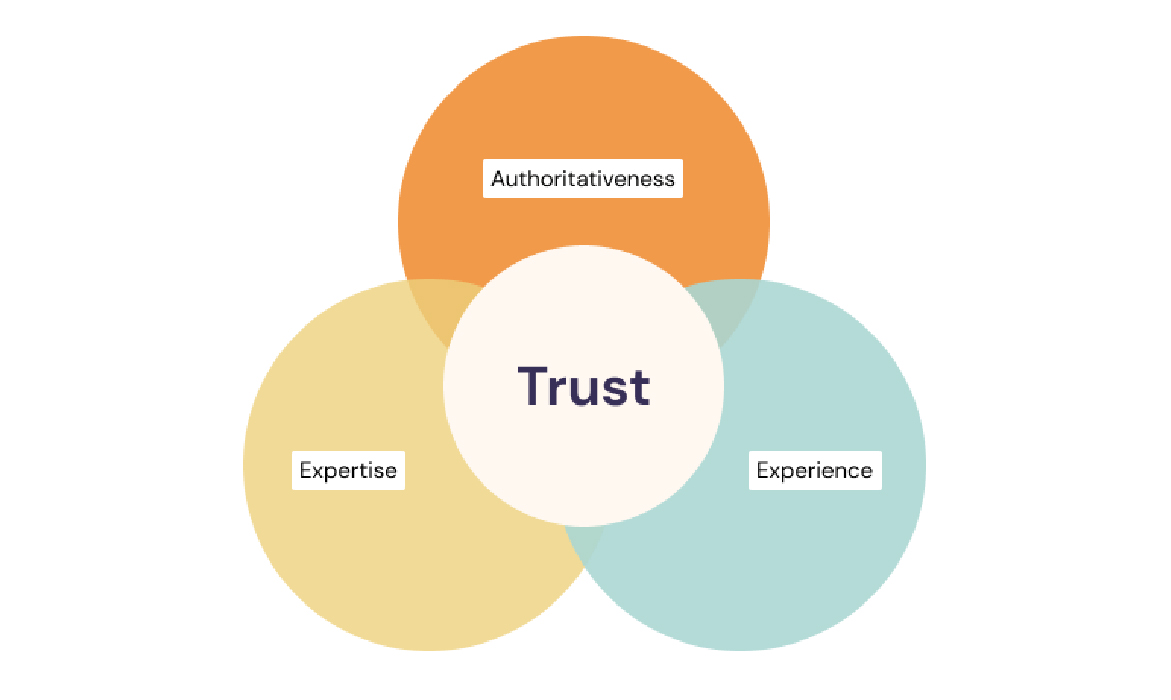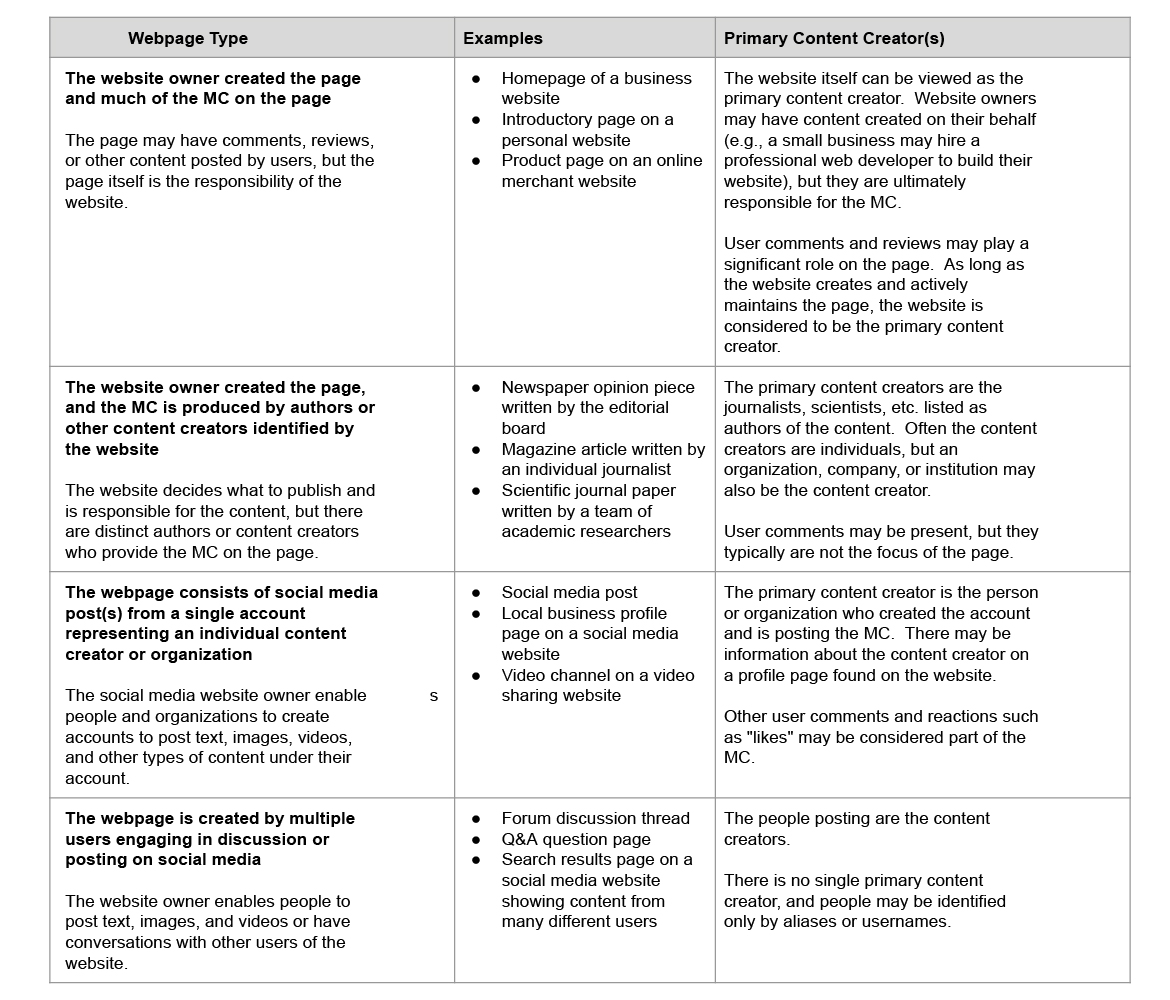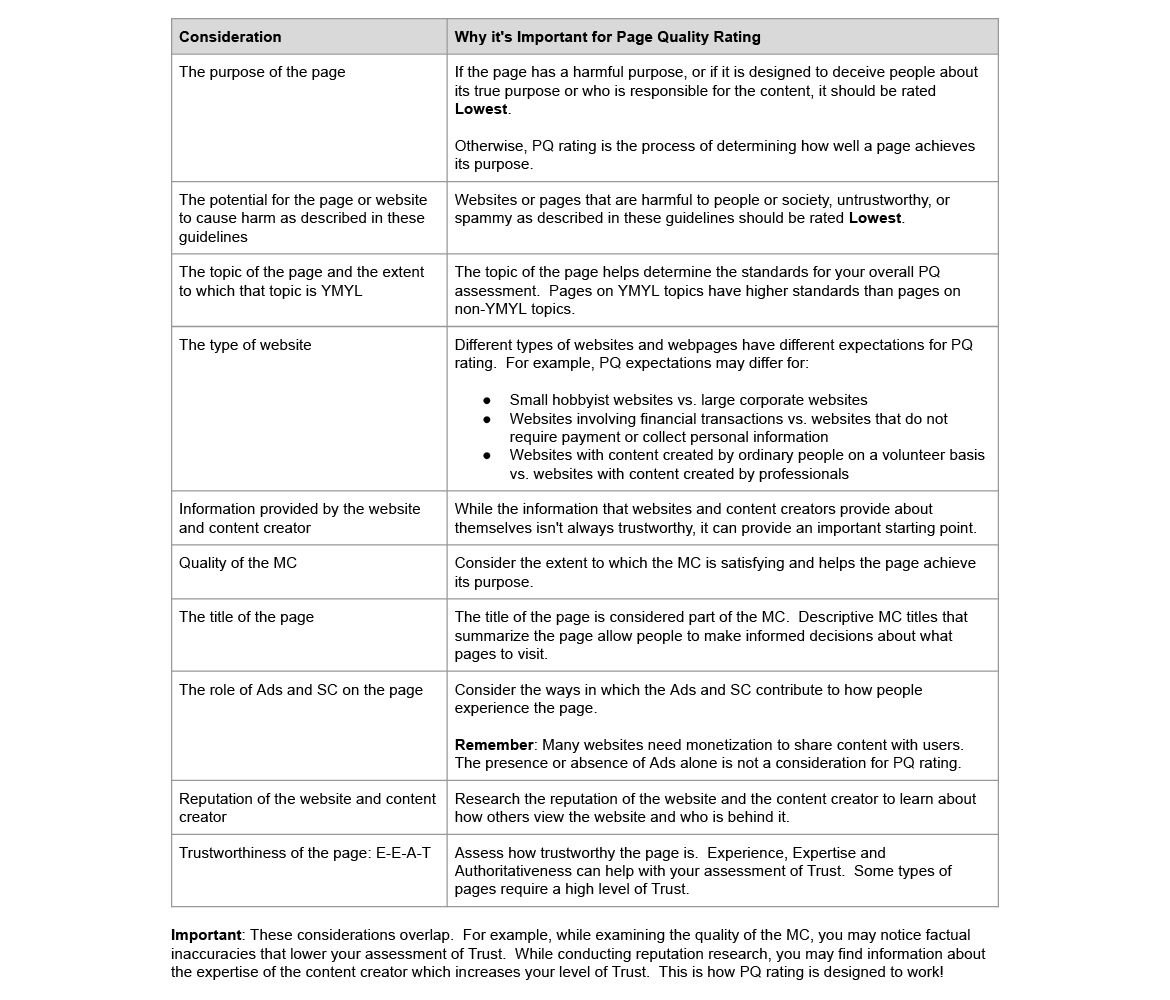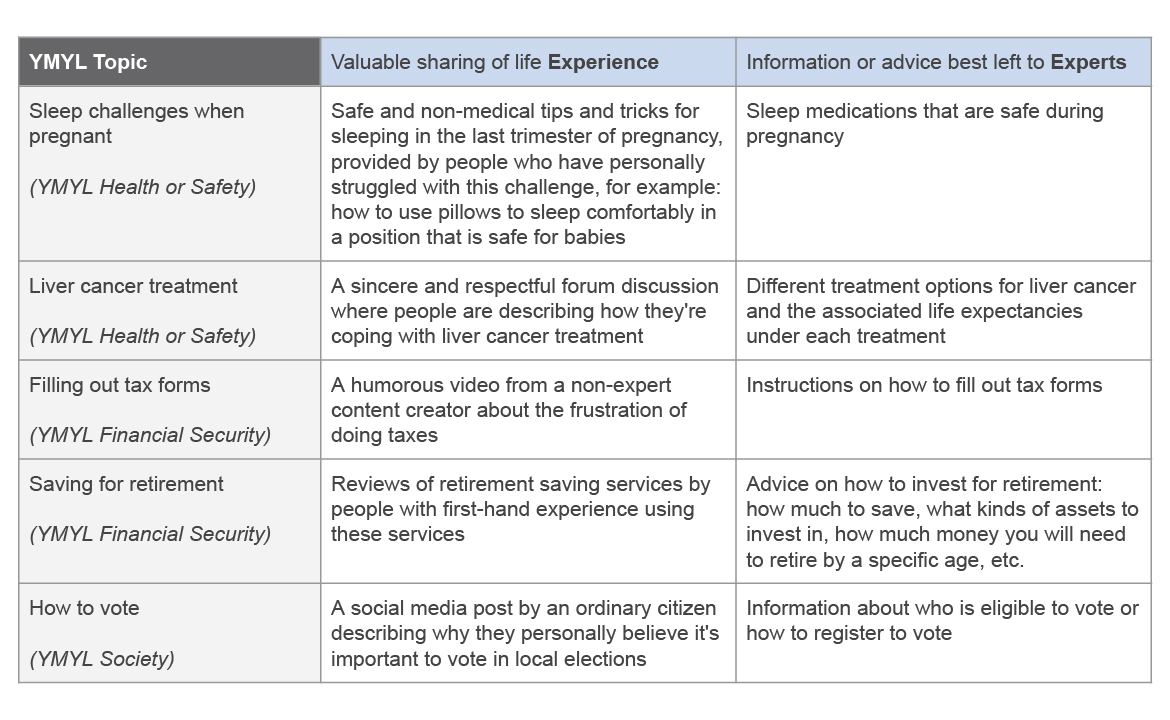Introduction:
Anyone familiar with content and SEO is bound to have heard about EAT. Expertise, Authority, and Trust are the main factors Google’s human quality raters look for when evaluating content. However, since December 15, 2022, there has been a new addition, Experience.
But before we dive into what experience means and how it might impact content creation, it’s better to have a bit of background on how human quality raters evaluate content.
Google’s Quality Rater Guidelines
EEAT made its first appearance in Google’s Search Quality Evaluator Guidelines. The document is updated multiple times during the year. However, most of the changes are usually minor in nature. In essence, these guidelines have been made public to ensure that websites have an idea of how to ensure page quality for their web pages.
However, the addition of Experience to EAT, or EEAT, is to be considered a major change.
EAT’s Importance
EAT is considered super important because it pertains specifically to the end-user. Google wants to showcase the right content for its users. That’s why content demonstrating Expertise, Authority, and Trust is held in high regard.
To elaborate:
- Expertise refers to how much command the content author has over the topic in question. This means that sufficient details need to be present in the content such that it satisfies the search query (made by the user who has reached that piece of content).
- Authority means that the content creator has the right credentials such that they can be considered the correct entity to talk on the subject. For example, Link Building HQ(us) will be viewed as an authority on Link Building, SEO, or even Digital Marketing since that is our niche. However, we won’t have the credibility/authority to talk about meditation, as that isn’t our niche.
- Google Trust score or trustworthiness is considered the most important factor of all. Currently, Trust between website visitors and Google can be built by ensuring all the prerequisites are in order, along with consistently great content. Any quoted fact in your piece is best research-backed (preferably with a link to the source). This would ensure that users who find your content trust you.
But that leaves us with another important question: What is Experience? And how is it different from Expertise?
What does the Experience signify?
The short answer to that question would be that while expertise can be shared and grasped from what others might have said, experience comes from a personal encounter.
For example, when a new technology is about to be launched, tech bloggers can speculate on it based on their expertise. Still, without testing the product themselves, they cannot showcase the experience.
Similarly, normal users of smartphones can easily talk about their own experience but cannot be considered experts if the topic is about repairing smartphones.
The addition is visualized in the following format in the guidelines.
Google has continued to highlight trust as the most important factor, even with the chart. However, the chart is not the only addition to the guidelines. In fact, Google also added a few important tables.
Other important updates to the Guidelines
One of the first new tables we see appears on Page 17. This table is focused on telling evaluators about who created the Main Content (MC) on the webpage.
Moreover, the guidelines now also provide more details with regard to YMYL pages. YMYL stands for Your Money, Your Life. We have discussed it at length in one of our previous blogs, too. This is the type of content that can heavily impact a person’s lifestyle, major choices, or even health.
The following table (spread over pages 19 and 20) discusses how content has to be seen based on the YMYL perspective.
However, with the new addition of Experience, the quality rater guidelines also tell the difference between the two factors.
Experience vs. Expertise in YMYL
Google has been quite specific in distinguishing between Experience and Expertise for YMYL Content. The table below from page 28 of the guidelines demonstrates it.
This provides the benefit for content marketers to know which types of topics they can pick and which they shouldn’t.
Moving Forward
EEAT is now every bit as important as EAT was ever since Google introduced it. Although to a layman, the difference might not seem much, SEOs and writers know that this will likely change the perspective behind web content creation in 2023.
Moreover, it can be expected that in the coming months, Google will again update its guidelines to further clarify how Experience can be incorporated to improve user experience. Till then, Google’s Search Guidelines from December 15 can provide the perfect framework for SEO writing.

